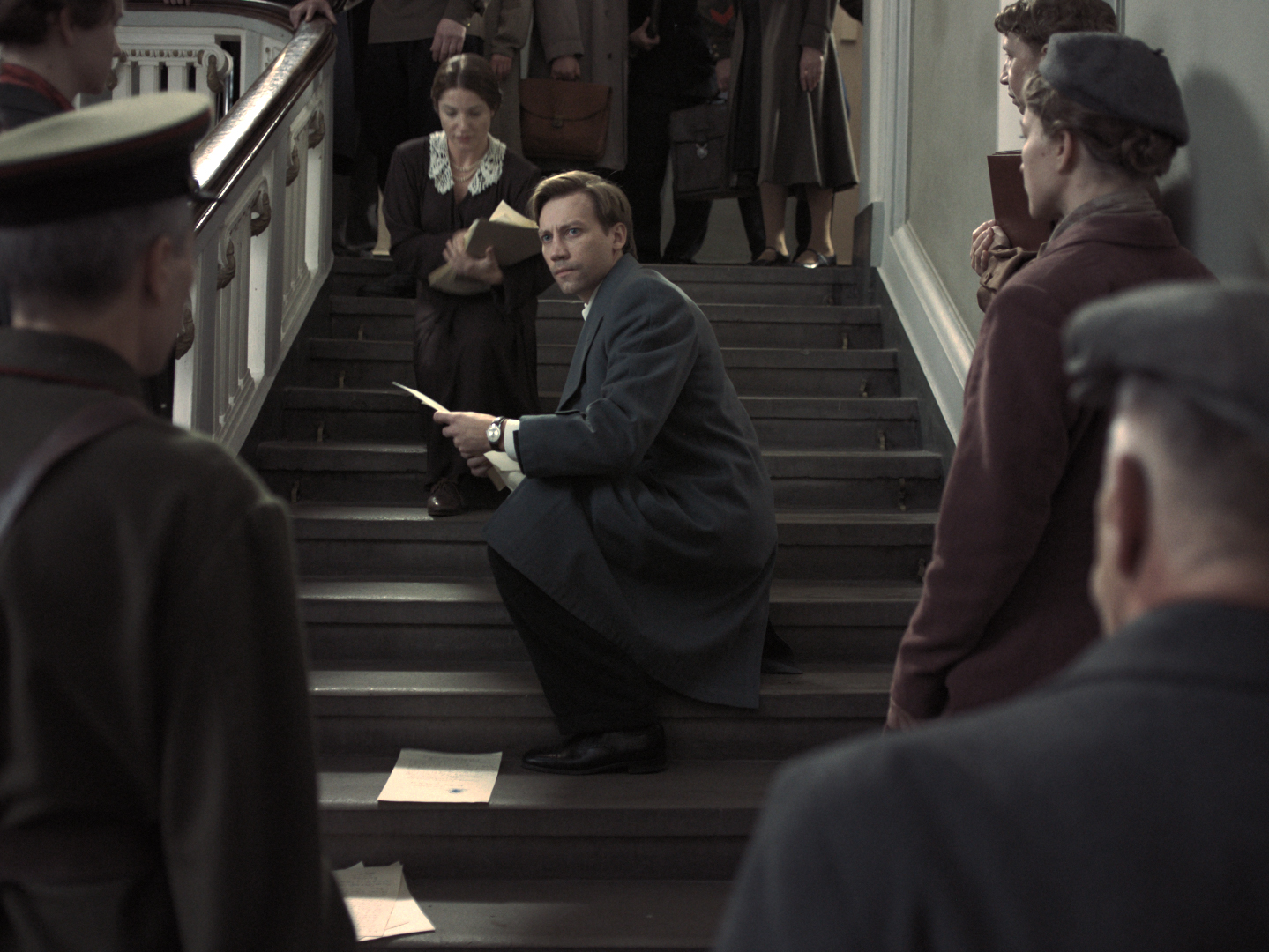The Tallinn Black Nights Film Festival Declares War on Documentaries, Prioritizing Baltic Fiction Films in a Controversial Move to Redefine Artistic Boundaries and National Identity in Cinema
The Tallinn Black Nights Film Festival (PÖFF) has taken a bold step in the world of international cinema with the introduction of its Baltic Film Competition. Curated for the eighth time by Edvinas Pukšta, the competition showcases an impressive lineup of 11 titles, which includes three world premieres. This year marks a significant shift as the festival focuses exclusively on Baltic fiction films and co-productions, leaving documentaries to compete in a separate program. This decision is not merely a logistical change but represents deeper cultural and artistic currents at play within the Baltic region and its cinematic landscape.
In the wake of the emergence of national cinemas within the Baltic states of Estonia, Latvia, and Lithuania, the festival’s new direction invites discussion around national identity, artistic authenticity, and the very purpose of film as a medium. Baltic cinema has often grappled with its historical context, shaped by the legacies of Soviet occupation and the quest for independence that has spanned decades. Films have served not only as entertainment but also as a form of resistance and storytelling that echoes the complexities of these nations’ histories. The curation of only fiction films and co-productions in this competition highlights a deliberate choice to emphasize narrative-driven cinema that reflects national experiences and collective memory.
The Baltic region, often overshadowed by its larger European counterparts, has been building a reputation for creativity and innovation in film. The PÖFF, by spotlighting this emerging talent, reinforces a sense of pride and ownership of their narratives. The Baltic Film Competition enables filmmakers to reclaim their stories, often reflecting societal challenges, personal anecdotes, and historical events that resonate with local audiences while also appealing to international viewers.
The bold decision to exclude documentaries from the main competition is truly provocative. This choice has the potential to elevate discussions surrounding the nature of documentary filmmaking itself—an art form that has been widely regarded as a truthful representation of reality. By relegating documentaries to a separate program, the festival could be seen as making a statement about the capabilities of fiction to encapsulate truth, emotion, and identity in a manner that might surpass traditional documentary approaches. By doing so, the festival invites scrutiny regarding what constitutes “real” stories and experiences worth sharing in the cinematic space.
Fiction films often grapple with the fine line between reality and representation, yet they carry the freedom to explore themes through the lens of imagination and creativity. The narrative choices made by filmmakers can transcend mere reporting on societal issues, allowing for a richer and more profound discussion of complex topics. By taking this stance, PÖFF is perhaps signaling a challenge to filmmakers to engage more deeply with the fictional narrative, posing the question of whether the power of storytelling can provoke the same level of societal reflection as documentary film.
Moreover, the emphasis on Baltic fiction films and co-productions underscores the importance of collaboration within the region. The interconnectedness of Estonia, Latvia, and Lithuania has historically fostered a camaraderie among creators, with filmmakers often collaborating across borders. This competition not only highlights individual national identities but also reflects the collective heritage of Baltic cinema. By centering these narratives, PÖFF aims to establish a unique platform that advocates for artistic growth and shared experiences, steering the focus away from external influences and toward cultivating a strong, unified Baltic voice.
This year’s slate of films promises to include varied narratives that take audiences on cultural journeys reflective of contemporary societal issues. Upcoming projects, rooted in their respective national contexts, seek to entertain while also sparking debate. By shining a spotlight on the storytelling abilities of Baltic filmmakers, PÖFF aims to promote the region’s creative talent on a global stage.
The festival’s focus on fiction becomes even more significant against the backdrop of a global film industry that often favors certain narratives over others. This initiative can be seen as a form of resistance against homogenization and a reassertion of what it means to be a storyteller in the contemporary world. By elevating Baltic fiction, PÖFF not only carves out a niche for itself but also encourages the filmmaking community to explore and articulate their unique positions, narratives, and experiences that align with wider geopolitical discussions.
Moreover, this rivalry between fiction and documentary approaches allows for a re-examination of roles within the cinematic landscape. Documentaries compete with an increasingly sophisticated audience who are well-acquainted with issues of authenticity and representation. By positioning fiction as the primary form in the competition, PÖFF challenges documentary filmmakers to reconsider their approaches and strive for innovation in their storytelling as well, enhancing the overall cinema experience.
This emphasis on Baltic fiction films also opens up discussions on how the festival engages with broader political and social themes. As these nations navigate their post-Soviet identities while encountering contemporary challenges—such as migration, nationalism, and cultural preservation—film can become a potent medium for dialogue, self-exploration, and critique. The stories that emerge from these contexts often speak to universal themes of conflict, community, and identity, allowing for a recognition of shared human experiences through the lens of specific national narratives.
As the festival continues to prepare for its upcoming iteration, anticipation builds around the filmmakers who will rise to meet this new challenge. The implications of the PÖFF’s decision to focus on fiction will resonate beyond the bounds of the festival, influencing how cinema is created, distributed, and analyzed in the region. The silence imposed on documentary voices, at least in this competition, provokes questions about the value placed on different forms of storytelling and the future of Baltic cinema as a whole.
In many ways, the dynamic shift reflects our evolving understanding of art and its functions in society. As cinema plays an increasingly significant role in shaping our perceptions and engaging with societal themes, it is essential to critically consider how these messages are communicated through different formats. With film festivals like PÖFF taking a stand on the primacy of fiction, they challenge industry standards and encourage a rethinking of artistic expression as a multifaceted, ever-evolving discourse that reflects, refracts, and represents the complexity of human experiences.




